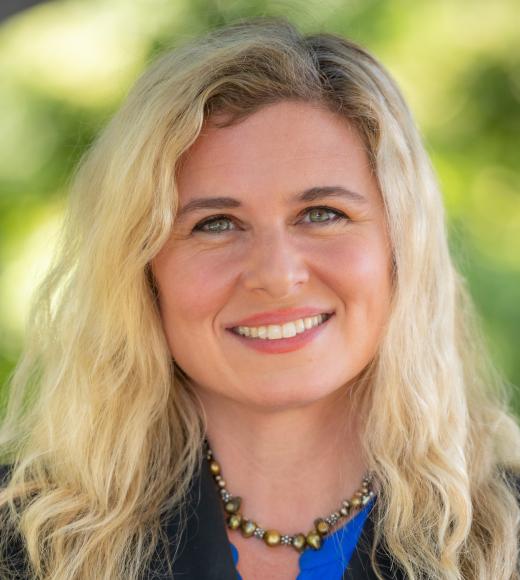$25 Million NIH Grant Extends Life After 90 Study 5 More Years
Study is helping researchers understand factors that contribute to dementia and brain health after age 90
(SACRAMENTO) Researchers at UC Davis Health can continue their important research into brain health another five years thanks to a prestigious $25 million grant from the National Institutes of Health’s National Institute on Aging.
All the participants in the Life after 90 study are 90 years of age or older. The average age is 93, and the oldest is 105.
“People 90 years of age and older are the fastest growing segment of the population in the U.S. They also have the highest rates of dementia, which is why it is critical that we learn about factors that can protect the brain at this age,” said Rachel Whitmer, an epidemiologist and the principal investigator for the award.
Whitmer is a professor in the departments of Public Health Sciences and Neurology and is chief of the Division of Epidemiology. She’s also associate director of the UC Davis Alzheimer's Disease Center.
By 2050, it is estimated there will be 8.5 million people aged 90 and older in the U.S. Globally, that number is expected to reach 113 million by 2060. One out of every three babies born today can expect to live into their 90s. Yet very little is known about brain aging beyond age 90 in ethnic minorities or how early life experiences influence the risk of very late-onset dementia.

I’m grateful that we can continue studying and learning from this incredible cohort so we can find mechanisms that not only reduce the risk of dementia but also improve our understanding of what promotes exceptional brain health."
—Rachel Whitmer, Ph.D.
Partnership provides wealth of health data
The project is a partnership with the Kaiser Permanente Division of Research. All 1,000 participants are Kaiser Permanente Northern California members, and many have been so for decades.
This gives researchers a wealth of health data, including health exams that go as far back as the 1960s and 1970s.
Previous aging studies primarily followed non-Hispanic white participants. The participants in the Life After 90 study are diverse, providing insight into aging in an ethnically and racially diverse population. Black participants make up 24% of the study, whites 37%, Asians 16%, Latinos 11% and multiracial and other participants make up 12%.
Research team makes house calls
The research team consists of epidemiologists, neurologists, neuropsychologists, neuropathologists, biostatisticians and physicians. Every six months, research teams visit each participant in the comfort of their homes to evaluate their health.
With the new grant, the researchers will enroll another 400 individuals. A new focus area will be looking at cognitive super-agers.
“A super-ager is someone who exhibits cognitive function that is much younger than their chronological age. In our study, the super-agers are people in their 90s who not only don’t have cognitive impairment, but they have cognitive function like someone who is middle-aged,” Whitmer explained.
With the new grant, they will also collect and analyze blood samples from participants. They will look for specific substances in the blood — biomarkers — that indicate neurodegeneration. The blood samples may provide clues as to why some people have less cognitive impairment than others.
“We are just beginning to understand the factors contributing to brain health and dementia in a diverse population of individuals with exceptional longevity. I am grateful we can continue studying and learning from this incredible cohort, so we can find mechanisms that not only reduce the risk of dementia but also improve our understanding of what promotes exceptional brain health,” Whitmer said.
For more information, visit the Life After 90 webpage.
Funding for this research is funded by a grant from the National Institutes of Health National Institute of Aging grant 2R01AG056519-03.
This article was originally published by UC Davis Health News.
